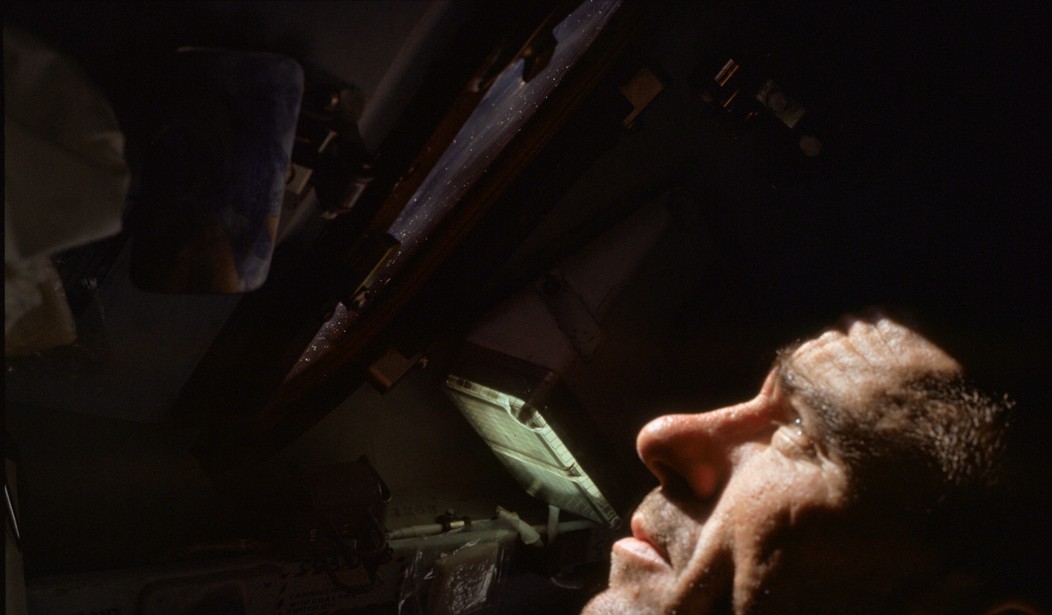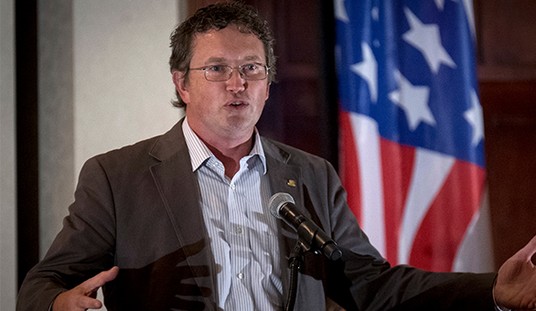Walt Cunningham, the last surviving member of the Apollo 7 mission, has passed away at age 90. According to a family statement, Cunningham died “from complications of a fall, after a full and complete life.”
“We would like to express our immense pride in the life that he lived, and our deep gratitude for the man that he was — a patriot, an explorer, pilot, astronaut, husband, brother, and father,” the Cunningham family also said. “The world has lost another true hero, and we will miss him dearly.”
“Walt Cunningham was a fighter pilot, physicist, and an entrepreneur – but, above all, he was an explorer. On Apollo 7, the first launch of a crewed Apollo mission, Walt and his crewmates made history, paving the way for the Artemis Generation we see today,” NASA Administrator Bill Nelson said in a statement. “NASA will always remember his contributions to our nation’s space program and sends our condolences to the Cunningham family.”
Apollo 7 was the first manned mission in the program, following the tragic fire on the launchpad that claimed the lives of astronauts Roger Chaffee, Gus Grissom, and Ed White. Cunningham flew Apollo 7 with Wally Schirra and Don Eisele.
NASA named Cunningham lunar module pilot for the mission, even though the spacecraft didn’t carry an actual lunar module. Apollo 7 did test some of the docking systems for future lunar missions and included the first live broadcast from a NASA crew.
But the most infamous feature of the mission was the fact that Schirra, Cunningham, and Eisele contracted head colds while they were in space and became irritable. The tense, fractious exchanges between the crew and mission control ensured that NASA would ground the three astronauts, although Schirra already had planned to retire from the space program.
Recommended: Is the U.S. Vs. China the New Space Race?
Cunningham, the third civilian astronaut, retired from NASA in 1971 and went on to a career in business, writing a newspaper column, and hosting a talk radio show. He won a bevy of awards, including several NASA medals, a special Emmy for the Apollo 7 television broadcast, and the Outstanding American Award from the American Conservative Union.
Another interesting part of Cunningham’s legacy is his opposition to the climate change agenda — or, as his Wikipedia bio puts it with no agenda whatsoever, “Cunningham rejected the scientific consensus on climate change” — especially the way NASA tried to promote it. In 2012, he was part of a group that sent a letter admonishing NASA for its climate alarmism advocacy.
“The unbridled advocacy of CO2 being the major cause of climate change is unbecoming of NASA’s history of making an objective assessment of all available scientific data prior to making decisions or public statements,” the letter reads in part.
“As former NASA employees, we feel that NASA’s advocacy of an extreme position, prior to a thorough study of the possible overwhelming impact of natural climate drivers is inappropriate,” the letter continues. “We request that NASA refrain from including unproven and unsupported remarks in its future releases and websites on this subject. At risk is damage to the exemplary reputation of NASA, NASA’s current or former scientists and employees, and even the reputation of science itself.”
Other signatories to the letter include former astronauts Charlie Duke, Harrison Schmitt, Richard Gordon, and Al Worden and Apollo-era crew members such as Chris Kraft, Gerry Griffin, Jerry Bostick, and Dutch von Ehrenfried.
When you look up at the moon the next time you go outside at night, think about Walt Cunningham. He didn’t get to walk on the moon, but he helped pave the way for those who did. While you’re at it, consider how Cunningham also tried to inject some sanity into the discussion of the climate.










Join the conversation as a VIP Member